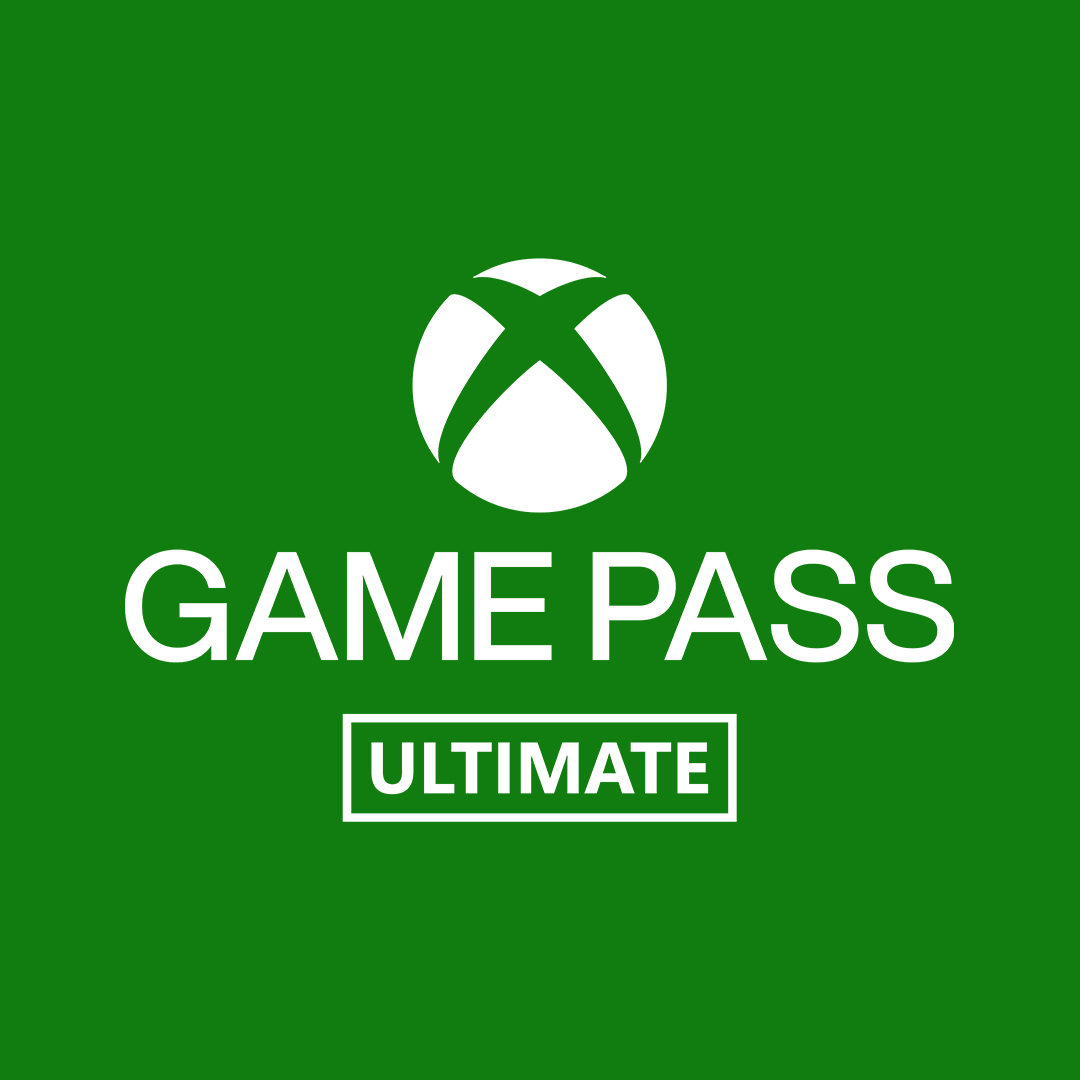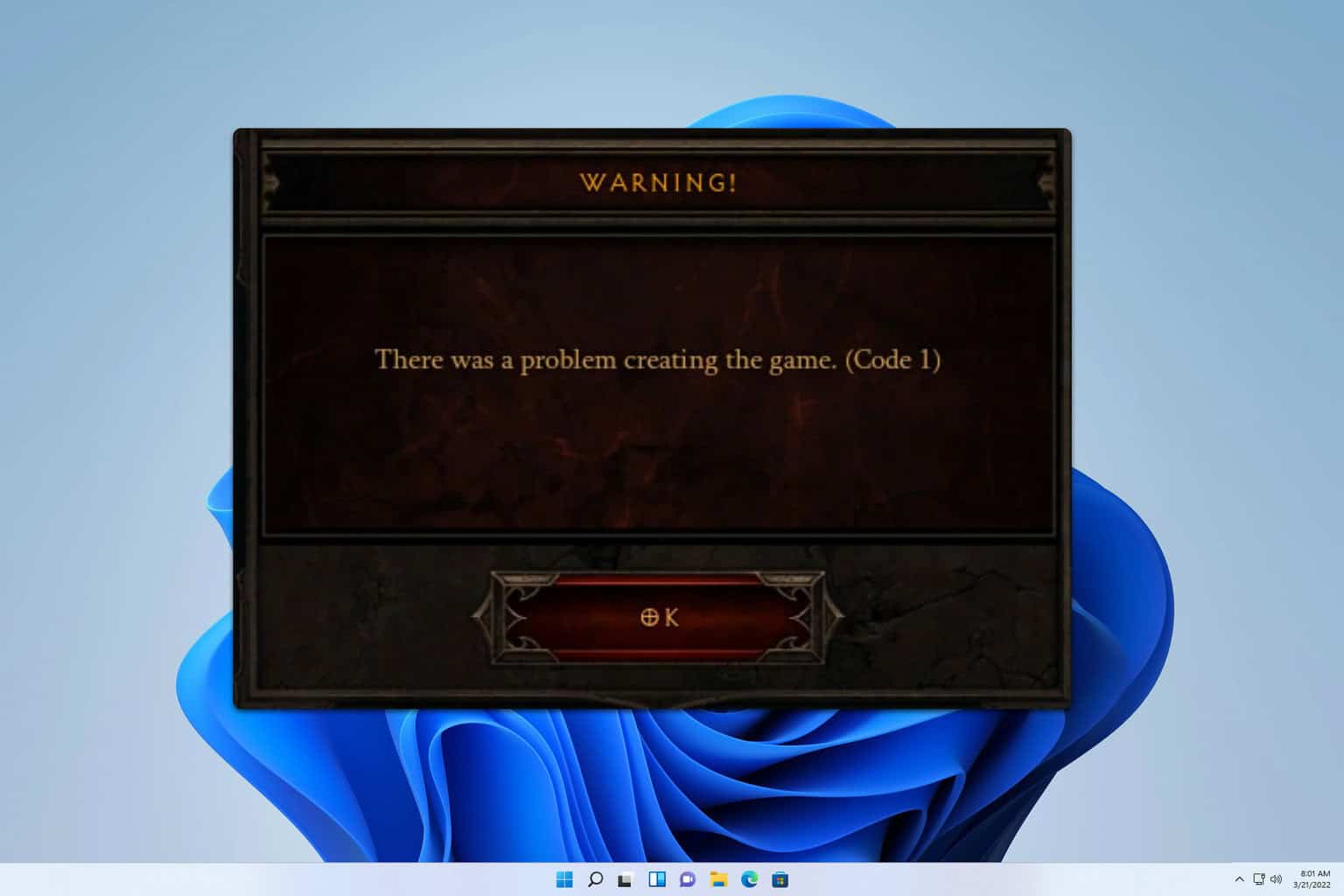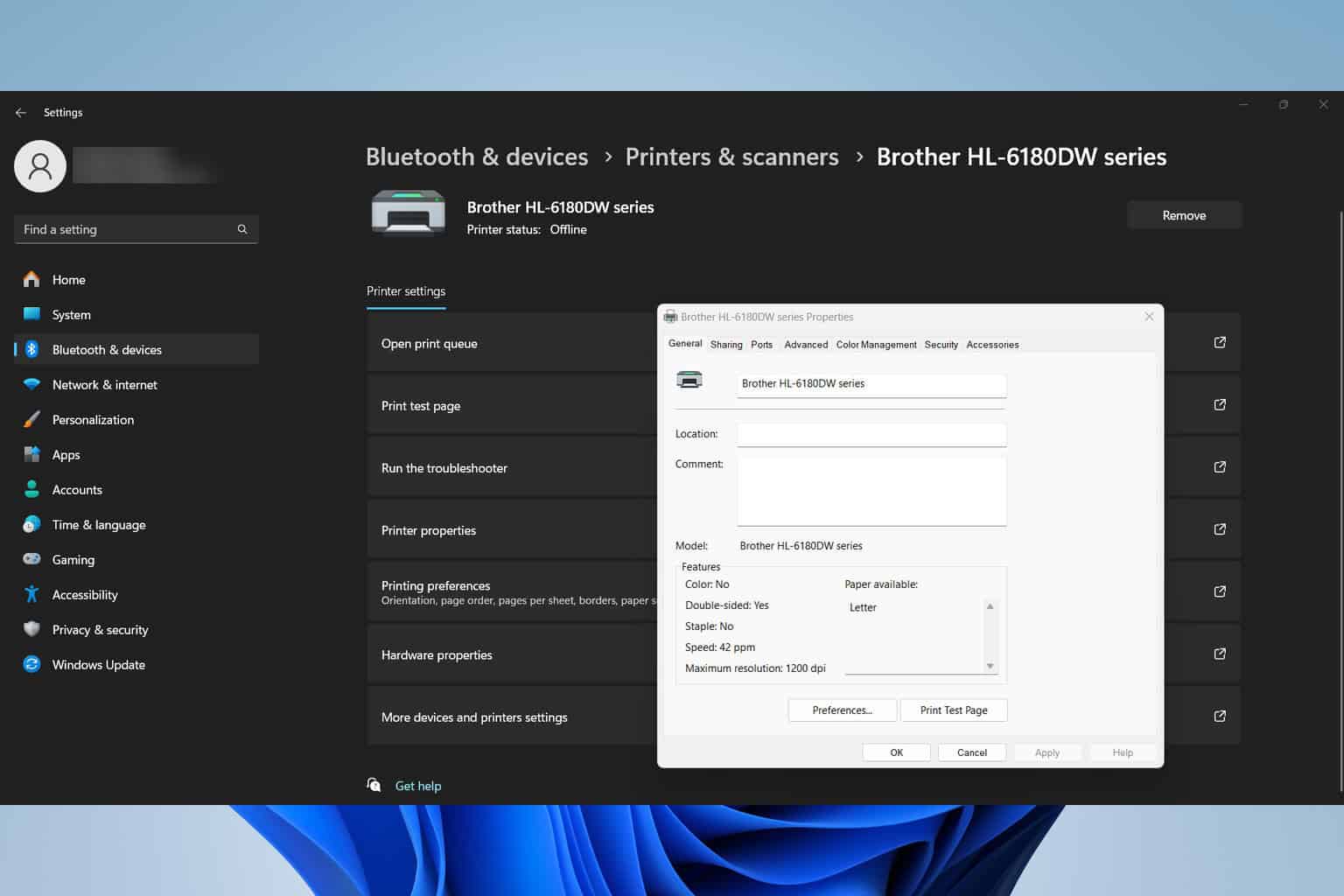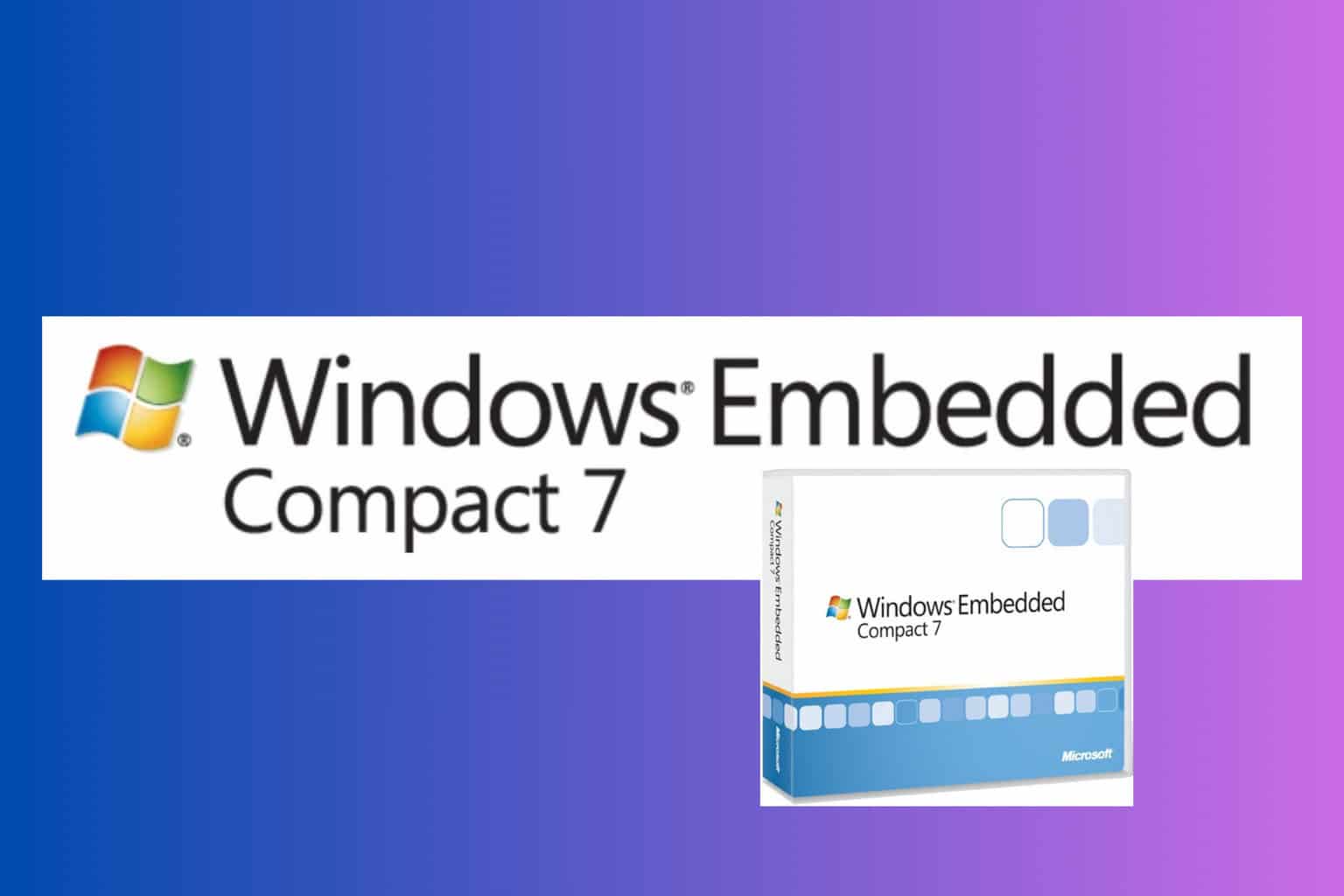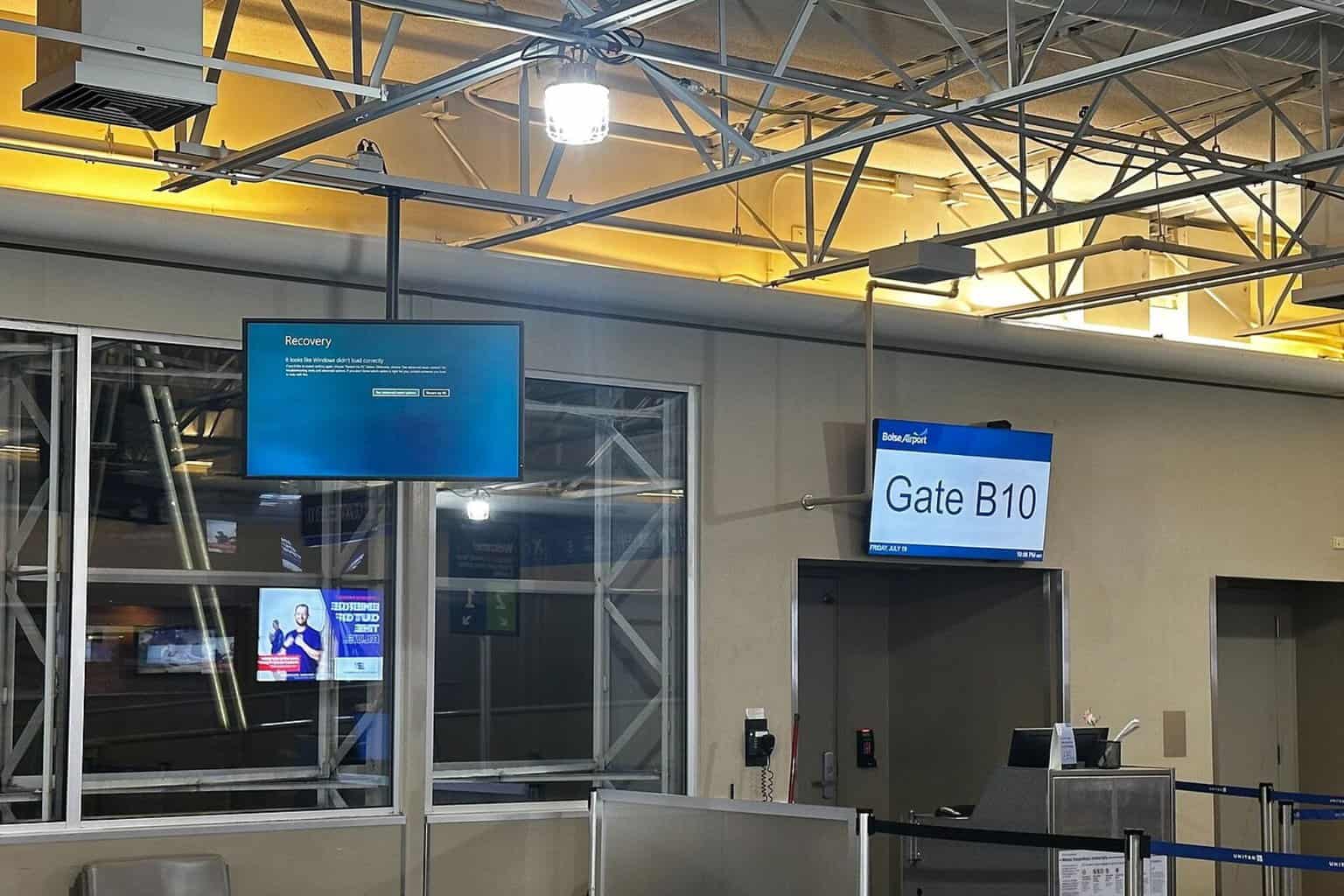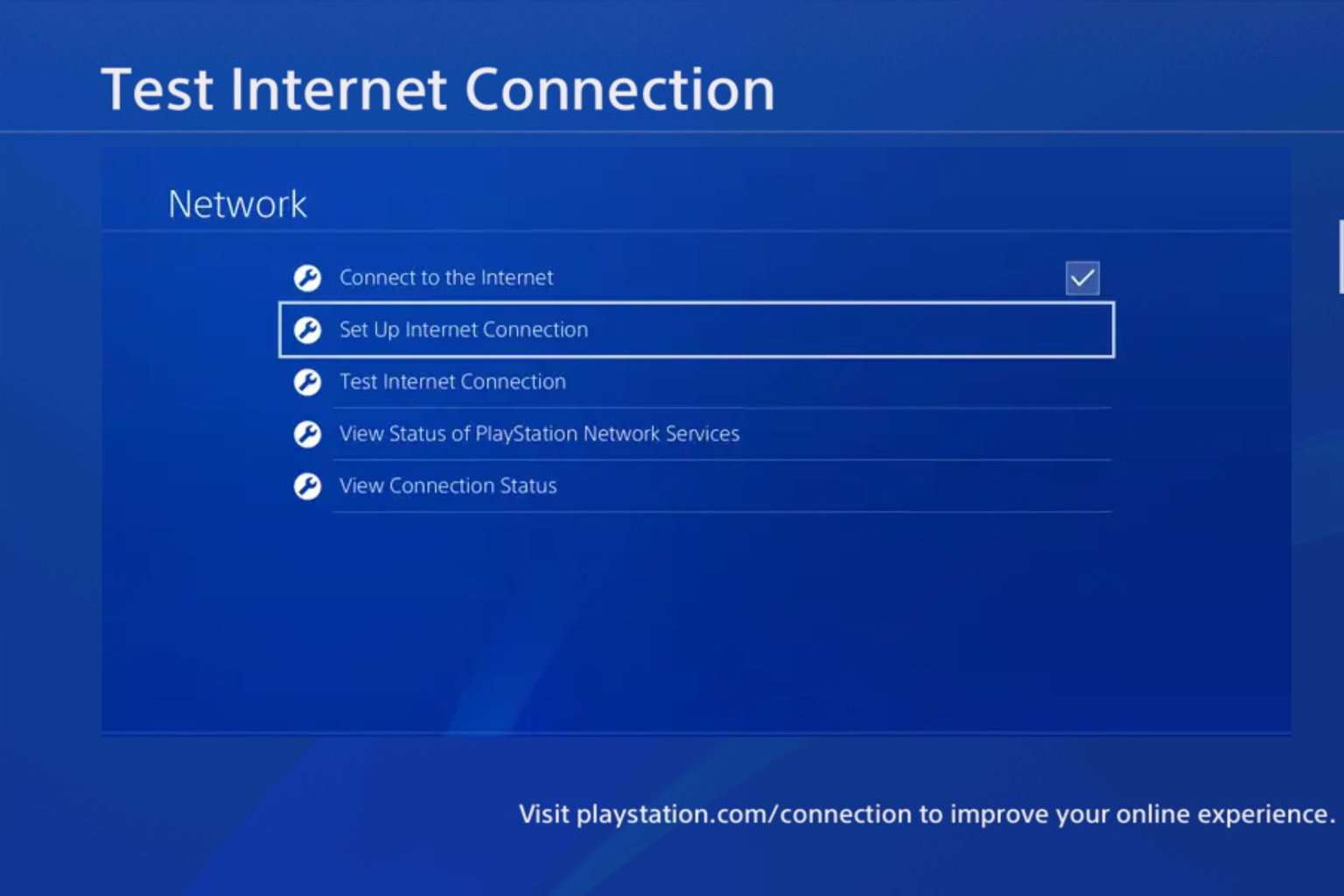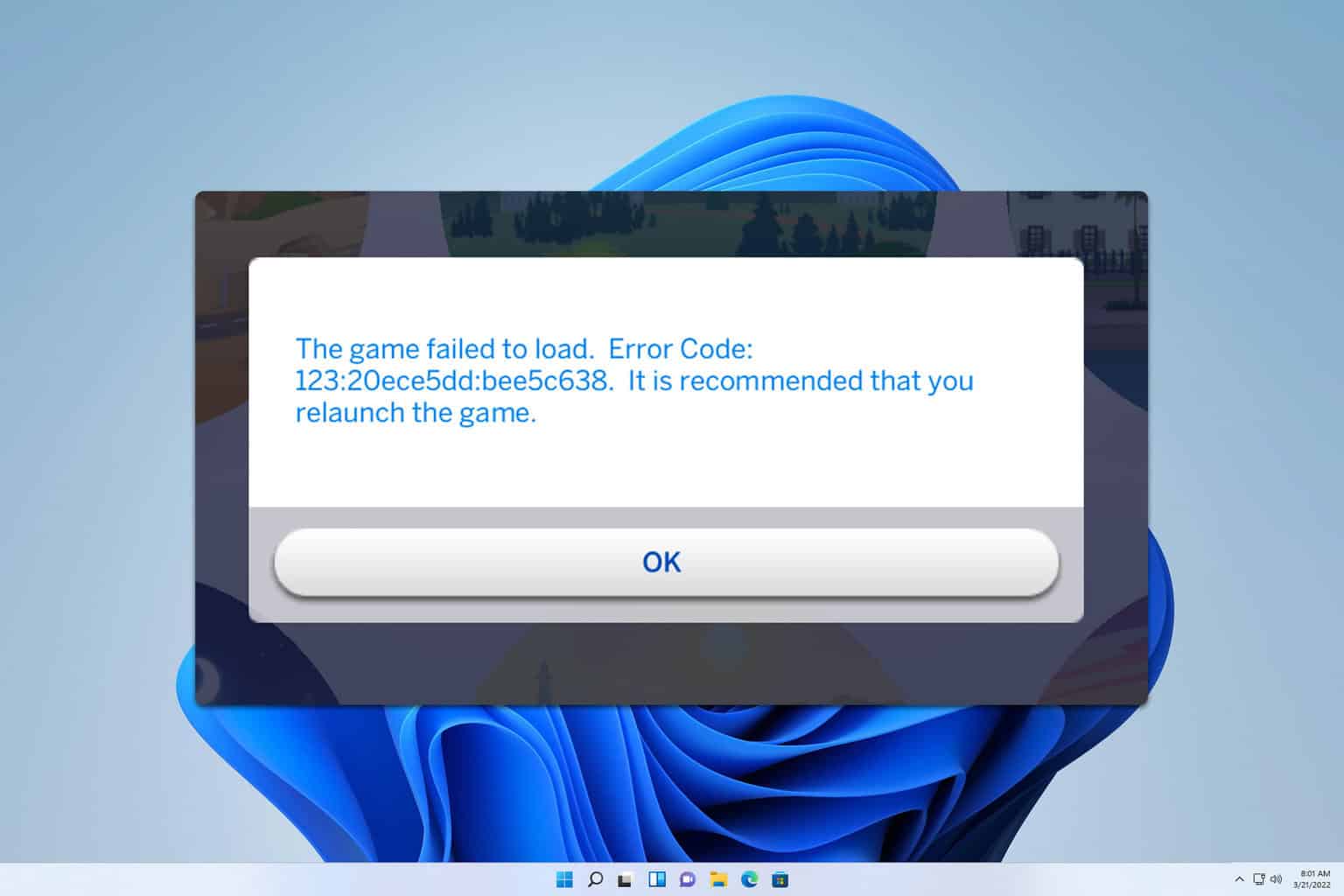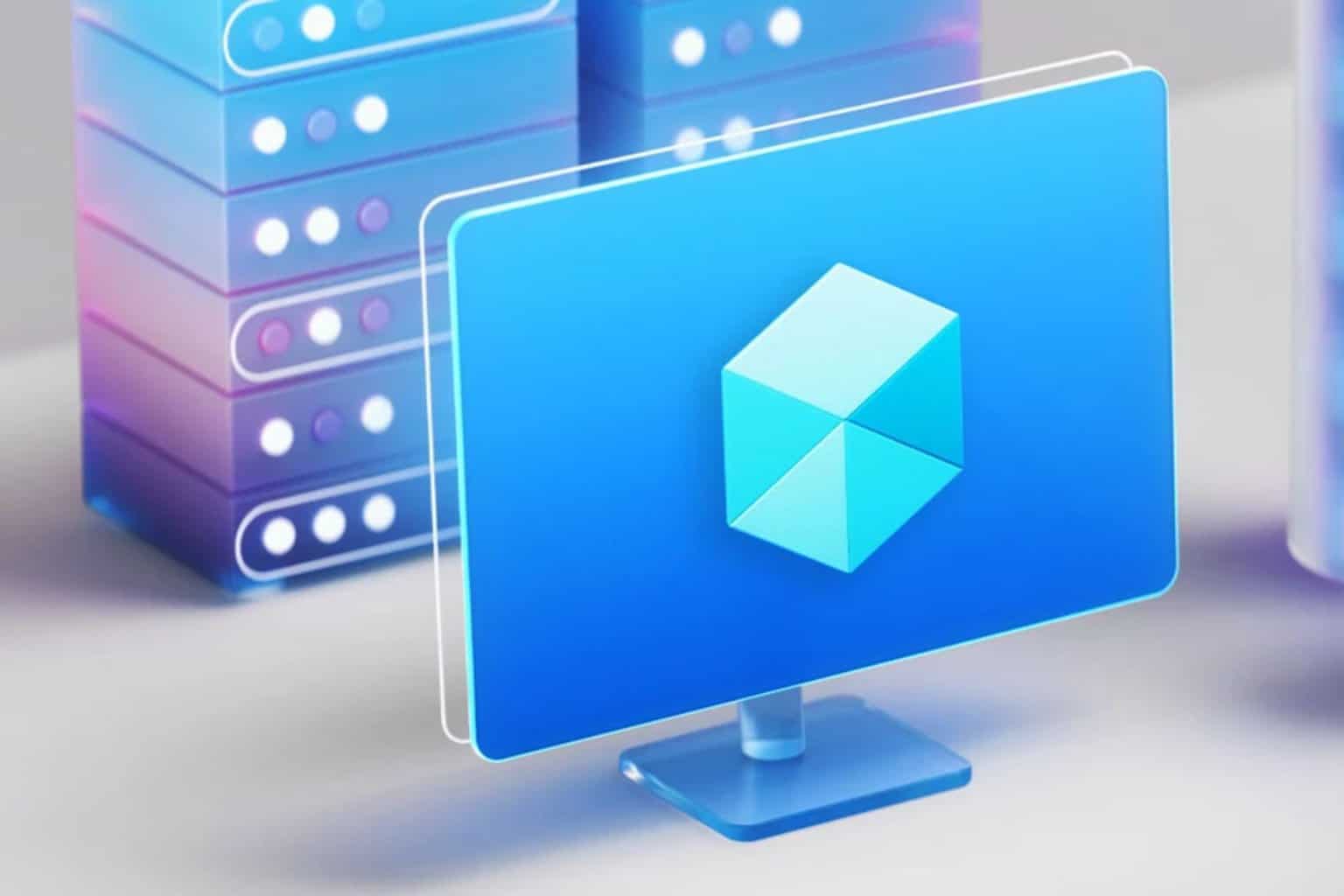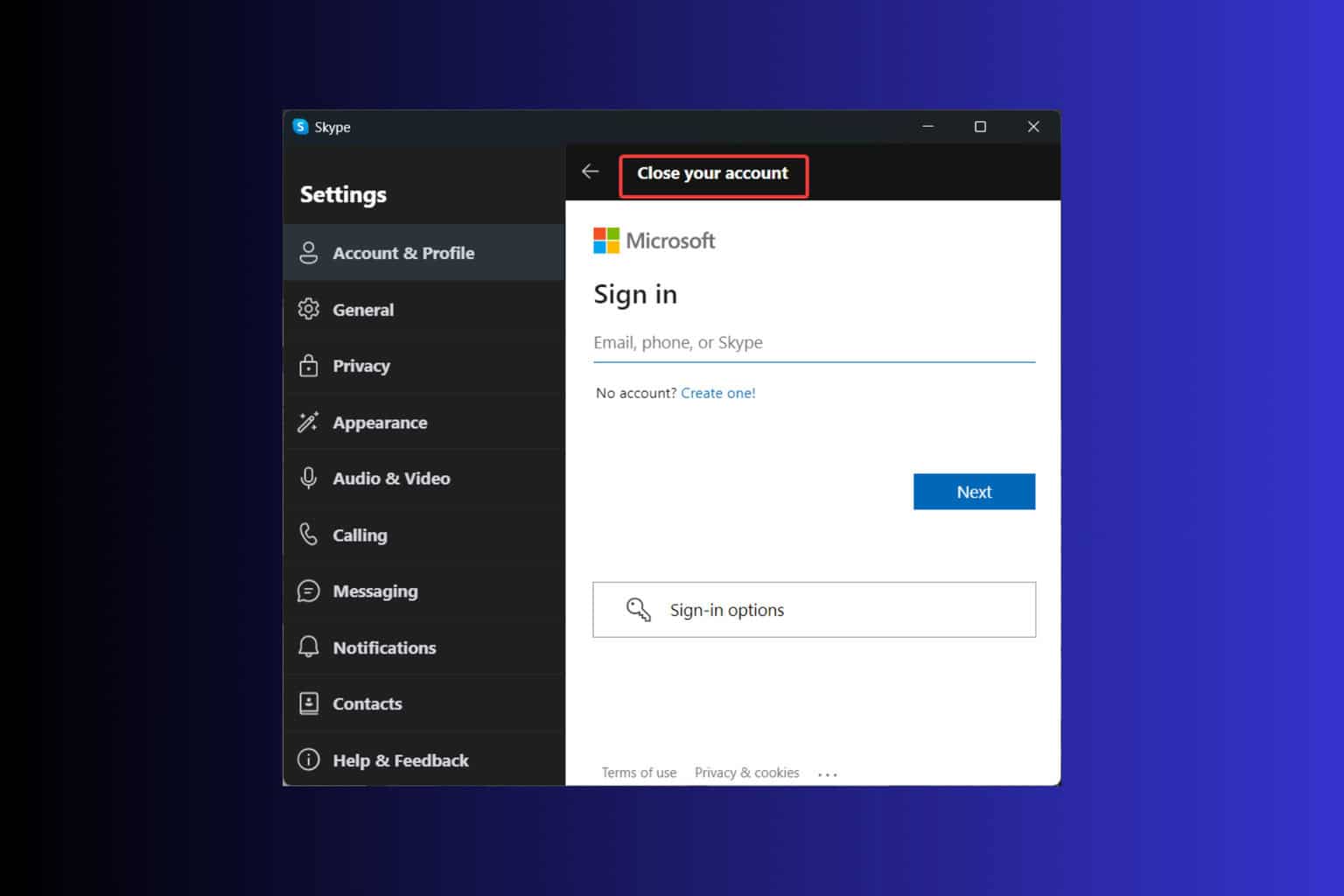Interview: Microsoft’s Chris Charla talks ID@Xbox, Xbox Game Pass, and working with indie devs
17 min. read
Published on
Read our disclosure page to find out how can you help Windows Report sustain the editorial team Read more
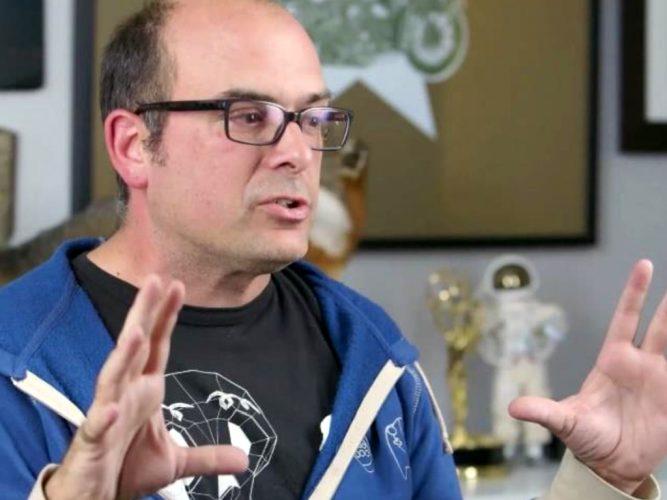
Last month, I got a chance to sit down with Microsoft’s director of ID@Xbox, Chris Charla, who was in town for PAX AUS and Melbourne International Games Week.
We talked about Microsoft’s independent developer self-publishing program, what benefits the Xbox Game Pass subscription service offers both devs and gamers, his experience with working with studios in different regions, and how video game consumption habits have changed in recent years with the shift to digital downloads and online services.
With Xbox 360, you had Xbox Live Arcade, which you were a big part of, and with Xbox One, Microsoft changed it with the “Games are games” approach.
Yeah, exactly.
So all the games are in one catalogue. And for me, coming into the Xbox ecosystem for the first time with Xbox One, I remember thinking “Oh that’s such a natural thing. I don’t know why they didn’t do that before” but ID@Xbox is now a similar, very distinctive, brand both on the console and the online storefront. Can you explain how it’s different from Xbox Live Arcade?
Yeah, so Xbox Live Arcade, at the time, you couldn’t really buy full Xbox games when we launched Xbox Live Arcade. If you wanted to buy a full game, you had to buy a disk. And then on 360, you could buy full games but they sold them in a different store, Games On Demand. All of these decisions made tons of sense at the time.
And the platform was evolving.
Yeah, so rapidly during the 360 generation so that by the time we got to Xbox One, it’s always an opportunity with a new console cycle to take a step back and say, “Is this the way everything should be going?” We knew on Xbox One that games were going to be sold digitally as well as physically and that there would be digital-first games with ID@Xbox games so it just made sense to put them all in the same store. Consumers are pretty sophisticated and in 2004 and 2005, just purchasing digital content was kind of new. The iPhone hadn’t even come out yet.
Oh for sure.
And by 2013/2014, everyone was kind of okay buying digital content. It was easy for the consumers to understand.
And ID@Xbox is more than just a category for indie titles. It’s an actual program.
Yeah, it’s kind of interesting because it is a program and then the brand is kind of developer-facing, because it’s the name of the program, but also a little bit consumer-facing because we want to highlight these great games that developers are making. So, for developers, the core of the program is that we provide platform access to Xbox One for independent publishers who want to self-publish. They tell us the game they want to make, we send them two dev kits at no charge. We provide dev support for getting certification or if they run into trouble during development.
And then we also provide, and this is where the consumer-facing comes in, we try to provide promotional amplification for the promotion that the developers are doing. You know, a developer might be here at PAX showing in the PAX Rising area and, meanwhile on the ID@Xbox Twitter, we’re tweeting about all of those games. On the store now, there’s even a category sometimes for ID@Xbox games that you should check out, that sort of thing.
But it’s important to us that the games are the heroes. There’s no ID@Xbox splash screen. We’re not the publisher or the developers. And, even at things like E3 which is the biggest tradeshow of the year where we do our big media briefing, we use to put the games that were coming through the ID@Xbox program all together in one section to kind of contextualise all of the cool indie games that are coming to Xbox and, in the last few years, we haven’t done that at all.
Yeah, they’ve been sprinkled throughout.
The reason is because the evolution of these games has been on such a rocket ship that we don’t need to contextualize them for anyone anymore. They just stand really well on their own. We still do a montage of ID@Xbox games because that’s a great way to show quick hits of a lot of games and you can then go online and watch the full trailer for all of those games.
But for games that have their 60, 90, or 120 seconds in the briefing, we just put them where they feel right and this year, in the most delightful contrast ever, we have Cyberpunk 2077 which is this major, AAA, huge, amazing RPG and then we had Keanu Reeves come out on stage to talk about his involvement in it.
It was breathtaking.
Yeah it was the most breathtaking and amazing thing and how do you follow that? And we followed that by totally changing the tempo of the show and going to Spiritfarer, which is this cosy management sim about death.
Yeah, that was quite funny because you guys were like, “Hey, Keanu Reeves!” and then “Now let’s pull it back.”
I thought it was brilliant. They work on scheduling the show and pacing the show really carefully and I thought that was such a brilliant decision to do that. And Spiritfarer could do it. Spiritfarer could follow Keanu Reeves and that’s amazing and speaks to the power of independent games where people can be all in on Keanu and then all of a sudden it’s like, “Oh, what’s this?”
Is there a limitation on what devs can join the ID@Xbox program?
No. Not at all. We have over 3,500 developers who are in the program. More than 1,400 games have shipped and we invite everybody to join. We have everybody from Anthony Tan, who may have joined ID@Xbox back when he was still in high school, he’s a Melbourne-based developer doing Way to the Woods which we showed on stage at E3 last year.
The only thing we look at is the games. We look at every game whether it’s from a third-party publisher or an ID@Xbox developer just to make sure that it hits this minimum bar of console quality. No so much “Is it good or is it bad?” more just if it hits this console bar and, if it does, then we invite you into the program and send you the dev kits and off you go.
So, if like, CD Project Red was all “Hey, can Cyberpunk join ID@Xbox?” you’d say yes? (Laughs)
Actually, yeah. (Laughs) It’s kinda interesting. If they wanted to come through ID, they could. We do have different programs but we try not to get stressed out about it as our goal is for every developer, whether it’s a hobbyist who’s shipping through the Xbox Live Creators program, through to the ID@Xbox program and through to our AAA developers… We just want them all on Xbox and we won’t get stressed about what program they’re in.
Is there any type of exclusivity agreement if someone’s in ID@Xbox?
No. We do ask that games ship at the same time that they ship on other consoles just to make sure that Xbox players are getting the same content as everyone else but we also understand that sometimes a small developer can’t ship on three consoles at once. We’re not uptight about that.
Have many ID@Xbox developers decided to make their games Xbox Exclusive?
Yeah, absolutely. We’ve got many games on Xbox from independent developers and it’s super cool.
How has it been working with the indie scene in Australia?
Amazing.
We’re pretty big. A lot of people don’t seem to know this.
I think the Goose Game is changing this. I think it’s interesting. After the economic downturn of 2008, just over 10 years ago, the AAA industry in Australia collapsed. There were a lot of US companies with Australian subsidiaries when the economy turned and it was awful.
I remember. It felt like every week a studio was closing.
It was really bad in one respect but, in another, it kind of kickstarted Australia into the independent development scene and now, you know, we’ve seen the flowers of it for a while but now we’re really starting to see the flowers of it with studios such as League of Geeks, House House, and Witch Beam. There’s this spirit of independent development now in Australia that’s amazing. We’ve brought to Game Pass and shown at E3 a bunch of games from Australian developers. Games like Totem Teller, Dead Static Drive, and Way to the Woods most recently.
And also games from New Zealand like Ashen and Room 44. For us, it’s been great to come down here and see how much talent there is. Melbourne especially with the arcade culture, there’s tons and tons of talent. I might have a slightly biased view coming from Melbourne Games Week where every single developer in Australia is here. Probably a lot of them work in Sydney, Brisbane, Adelaide, and Perth but I just see them in Melbourne and there’s a lot of great developers in Melbourne.
Have you noticed any differences within the different regions?
Absolutely. Something that I love about the independent development scene all up is that you start to see scenes develop. You know, the games aren’t all the same but they start to have… You can see that this is an LA game or this an Australian game or a Stockholm game.
Really?
Yeah. It’s really cool.
What kind of aspects?
It’s hard to explain. It’s easier if you see them all next to each other. A lot of it’s visual versus gameplay. A lot of the games in Australia, they don’t look the same but they’ve been influenced by the visual stylings of other games they’ve seen in development. It’s kind of like a music scene.
Interesting. Have you noticed any similar themes being covered in the Australian games at all?
It’s hard to say. I don’t think it’s as hard as a genre thing. It’s more like a little bit of a style thing.
With Xbox One video games right now, there’s been a lot of focus on titles being Xbox One X Enhanced with HDR and 4K resolution. Is that something that you actively encourage developers to add to their games?
Absolutely. The consoles that we send developers today are Xbox One X consoles and we always encourage them to try HDR or 4K or one of the other enhanced features of Xbox One X and lots and lots of devs take advantage of it. It’s really easy to do, especially if you’re using an engine like Unreal or Unity. It’s straightforward to take advantage of that power.
Xbox Play Anywhere is another feature and there are some ID@Xbox games on Windows 10. Is this functionality also something that you’re trying to push?
Yeah, it’s totally up to them. In fact, one of the things that we’ve seen when we expanded our Xbox Game Pass program to PC is that we have a lot of ID@Xbox developers now also bringing their games to PC.
Do you think you’d ever encourage developers to develop games specifically for PC and then after the fact come to Xbox One?
Well that’s what most of our developers already do to be honest. Most developers ship their games to Steam first and then try to bring it to consoles. Slightly larger devs will try to do all platforms at once so that they can get the marketing benefit and then you’ll see some devs do one console and PC at a time.
Right.
Our view is that we want to get the games to Xbox as that’s what makes our players happy but we also want our developers to be successful because that’s central for the game industry to keep going. Our first order of business is developer success and things like Game Pass have really been able to help developers be successful and it just makes the world great for our players.
What does Xbox Game Pass offer developers besides more exposure? Would you say it’s a financially smart decision for developers to make?
We can’t go into the business side of things but, yeah, we make sure that it’s a smart decision for them and we make sure that we have all sorts of games on Xbox Game Pass such as big multiplayer games that you can play for a long time, shorter single-player experiences that are more narrative. We make sure that the business deals that we do with developers are really fair.
We need both types of games and we don’t want a financial model that only rewards one type. We’ve spent a lot of time on it and worked out a great financial situation for developers. The fact that we see so many devs signing second, third, fourth, fifth games with us, to me, tells me that they’re very happy. And also what they tell the media tells me that they’re very happy.
Do you find that those gamers who play titles on Xbox Game Pass are those that wouldn’t have played the games otherwise?
Yeah, we see a lot of that. What we see is that people are using Xbox Game Pass as a way to discover lots of games that they never would have tried otherwise. With Human Fall Flat, which is an action-puzzle game, something like 40% of people who downloaded that game in Game Pass had never downloaded a puzzle game before on Xbox. And of that cohort, like 40% of them went on to buy a puzzle game within the next 60 days.
One that was outside of Xbox Game Pass?
Yeah, outside of Game Pass. So it’s interesting that we turn these people onto a whole new type of game that they have never tried before.
That’s amazing.
We see that happen over and over again in Game Pass where people are trying games that they probably wouldn’t have tried otherwise. For players, it’s great because they can sample a lot of games without taking a lot of risk, just the time to download. And they get to find all sorts of new interesting things to play for themselves or their family.
For developers, they get to find an audience because there’s so many more people just downloading the game. And, if the game’s good, and we work really hard to curate the games in Game Pass to make sure that they are good, these games suddenly have fans and the developer suddenly has fans waiting for their next game. In Game Pass you can buy the game in Game Pass at a pretty good discount and, if the game’s good, it’s amazing. You just see people buying the game even if it’s going to be available to them within the membership program for another year. They just want to make sure that they have it.
On the financial side of Xbox Game Pass, do the developers get reimbursed per game download, for the amount of time played, or via some other metric?
I can’t say but I can tell you this. We make sure that it’s really fair regardless of the games played.
And you clearly have developers returning to the program so the system seems to be working.
Yeah, exactly.
Do you find that games get a different reaction if they jump to Game Pass on launch day or come several months afterwards?
That’s a good question but it’s a hard one to answer, right? Because we can’t AB test but we haven’t seen any negative effects from games coming on Day One and I think what it’s done, having heard what some of the devs have said after having done it, is that it really just increases awareness of the game everywhere. Even on other platforms.
I guess it’s also changing the way a game’s popularity is calculated too. Up until a few years ago, popularity was gauged on where a game ranked on sales charts but now you can’t really use that ranking method because we have subscription programs like Xbox Game Pass.
Yeah and I think people play games in a different way than they used to. In the olden days, which I guess is only three or five years ago, if people were going to buy a game, they would buy it Week One and play it right away. And we used to see, now this is maybe more like 10 years ago on Xbox 360, sometimes 50% of a game’s lifetime sales would be within the first month digitally. Sometimes in the first two weeks. And now that is not the trend we see anymore.
We see that people buy games and play games much later after the release than they used to on a percentage basis. And it’s really interesting and I think it mirrors what we’re seeing in linear media where, in the days before DVRs, if you wanted to watch a show you’d have to watch every week when it happened or you were just out of luck.
That’s true.
Now there are people who don’t even start whole series until they’re already over. There’s somebody now who’s going to watch the first episode of The Sopranos tonight and that’s totally okay. You know, that’s not weird. It’s like, “Oh, hey. You’re finally getting to The Sopranos.” And I think we’re seeing a little bit of the same with games where being late to the party for a game is no longer weird or a big deal. You know, I play on Switch and I’ve got Octopath Traveler. I think I got it months and months after release and, like, nobody cares.
And with Xbox Backwards Compatibility too, you’ve got Xbox 360 and original Xbox games, which is great for me because I didn’t get an Xbox until the Xbox One so it’s my first time playing 360 and OG Xbox games.
Oh, awesome.
What can we expect from ID@Xbox this year and going on next year?
I think for this year, there’s still going to be a bunch of games coming out. After Party is one which we’re excited about. Next year, there’s going to be tons and tons of games.
Do you expect the ID@Xbox program to transition into the next Xbox console?
Absolutely.
So it should be a very smooth transition with no major revamping at all?
No. Not at all.
Is there anything you’d like to tell everyone about ID@Xbox that they don’t already know?
Just check out the games. We have amazing creators. Like I said, there’s more than 3,000 studios, more than 1,400 games that have already come out. Check them out on Game Pass and find some amazing games on there.
Explore and have fun.

